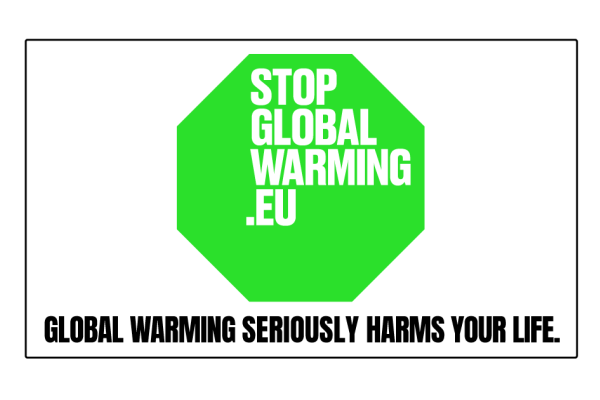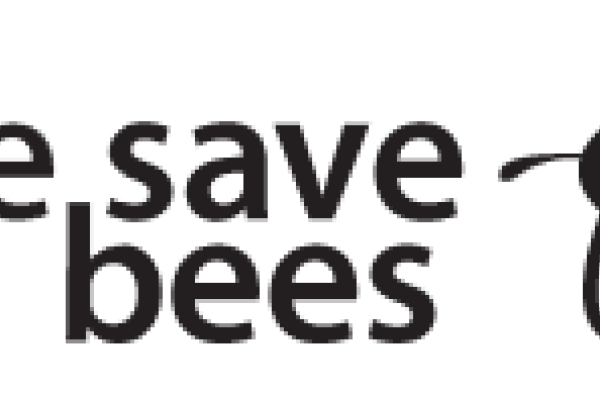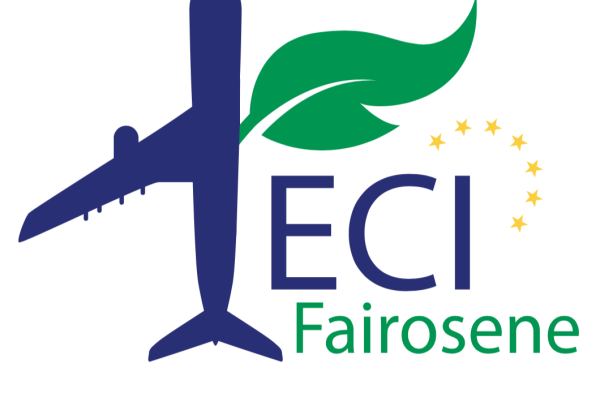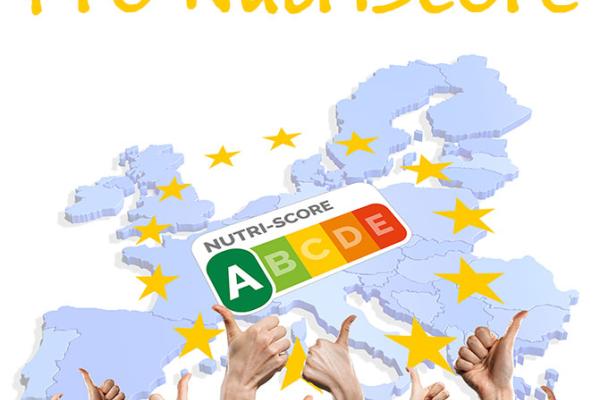
The organisers of the initiative call on the Commission to ‘mandate a firm 10 year post accession deadline for an automatic moratorium on payments of structural and cohesion funds to a newly acceded country, until the monitoring mechanism is lifted from their judiciary.' They state that ‘the current EU legal code allows undue interpretation. Under certain conditions, the corruption among political elites in newly acceded countries may turn out to be beneficial to other countries in the Union, and the relative notion ‘temporary' to be stretched out indefinitely. Setting a strict timeframe avoids direct and indirect motivation for corruption in EU Member States. […]'
Under the EU Treaties, the European Commission can take legal action when it comes to financial rules relating to the EU budget. The Commission therefore considers the initiative legally admissible and has decided to register it.








